I AM A Black bisexual woman. Actually, I am a Black biromantic, demisexual bisexual woman. And, I am standing on the shoulders of Harlem Renaissance writer Zora Neale Hurston, American and Parisian love child Josephine Baker, Black activist Angela Davis, and musician extraordinaire Meshell Ndegeocello.
I say their names because their distinguished presence and pride in their identity is not celebrated enough. Being Black, being bisexual, and being a woman are identities not celebrated enough in either heteronormative society or homonormative culture. My identity is not normalized but harmed, disrespected, hypersexualized, devalued, harassed, and even erased.
In an interview with The L.A. Times in the 1990s, Meshell Ndegeocello said: “I’m the ultimate misfit. … I’m black. I’m a woman. I’m a bisexual.” Nearly three decades later, this is still the case.
I remember struggling with my sexuality. I didn’t know if bisexuality truly defined me, and ultimately I feared the unknown. I mostly feared what people would say about me and that my communities would dismiss me. Homophobia is rampant in the Black community. It is a cultural disease of systemic oppression that we have to work to eradicate. I thought it was safer to be quiet about my sexuality and hide. I used my straight-passing privilege to blend neatly into society’s norms. This action, however, had its consequences—I was being untruthful and constantly carrying the weight of inauthenticity.
I didn’t know anyone who identified as bisexual until my early twenties. You were either gay, lesbian, or straight. I was discreet about my sexuality within the lesbian community, because there too I feared that I would be dismissed. I was once told that I could not be attracted to men and women; I had to pick a side and stay there. I tried to pick a side, and I loved on her fiercely.
My sexuality was muted. Where was the help I needed to understand and celebrate my identity? I couldn’t find it, so I wrote it. I dived deep into researching language that articulated my journey with sexuality. When I discovered “heteroflexible” and “bi-curious,” the light bulb in my head went on. These terms defined what seemed like my beginning journey with my sexuality. Researching words like “demi,” “fluid,” and “bisexual” gave me the tools to understand that my identity is not only normal, but that it is real. Delving into the Harlem Renaissance and noting that it was “just as gay as it was Black” gave me the power to proclaim that Black and queer is a historic, creative, and iconic identity. Oh, how visibility matters and provides guidance!
My experience is marginalized, but it is still beautifully carved out for me. Understanding my identity gave me a purpose that I could have never imagined. I wrote a dictionary that highlights the diverse language used within the LGBT+ community. A thick and bold resource of over 800 terms that celebrate the history, identity, and pride of our collective gay and queer experiences, this book is my love child that taught me how to stand firmly in my identity, to embrace my otherness, and love all of me! My decade and a half of researching, writing, and creating The Queens’ English: The LGBTQIA+ Dictionary of Lingo and Colloquial Phrases was my saving grace. Year after year, I found new levels of self and vulnerability, and my proclamation—my understanding of who I am—was fueled by crafting this book.
I am Black. I am biromantic. I am demisexual. I am bisexual. I am woman. These five labels are weighted down by racism, prejudice, discrimination, misunderstanding, and pain. But I feel absolutely beautiful—elevated in my faith and graceful in my being. My unique identity is my story and my purpose. My labels are complex, not complicated. My labels don’t define me but I give them the power to affirm.
With my newfound superpower, I advocate for understanding the spectrum of identity and sexuality. I was charged to bring visibility to not only my experience, but also, through my new book, to the experiences of other marginalized queer experiences—transgender, nonbinary, gender nonconforming, asexual, aromatic, agender, intersex, polyamorous, androgyne, neutrois, fluid, Black, Latinx, Asian and American Pacific Islander, Queer and Trans People of Color (QTPOC), ballroom culture, leather culture, queer parents, homeless LGBTQ youth, and many others.
I am Black with ancestry traced back to slavery. My Blackness is rich in tradition, culture, style, resilience and fortitude. I am a graduate of a Historical Black College and University (HBCU), a member of a Black sorority, and a dancer for a Black company. I wear my hair natural, embrace my natural curves, and speak the creative Black lingo that is so often appropriated by pop culture and non-Black spaces. And yes, I do indeed capitalize the “B.”
I am biromantic. I openly and lovingly embrace the romantic affection of different genders. I am demisexual and crave the strongest emotional bonds and connection with my partner. I earnestly and trustfully receive the physical intimacy of another by establishing this secure connection. I am bisexual and will say “Let’s get it on” with different genders. I am a “bicycle,” “AC/DC” “lady-lover”! I am a woman and I empower my women: my strong Black, brown, red, yellow, white, masc, femme, trans, fluid, queer, fat, skinny, shapely, and bold women.
I am empowered! My identity is a gift, and when I completely surrender to it, I am able to share it with the world.
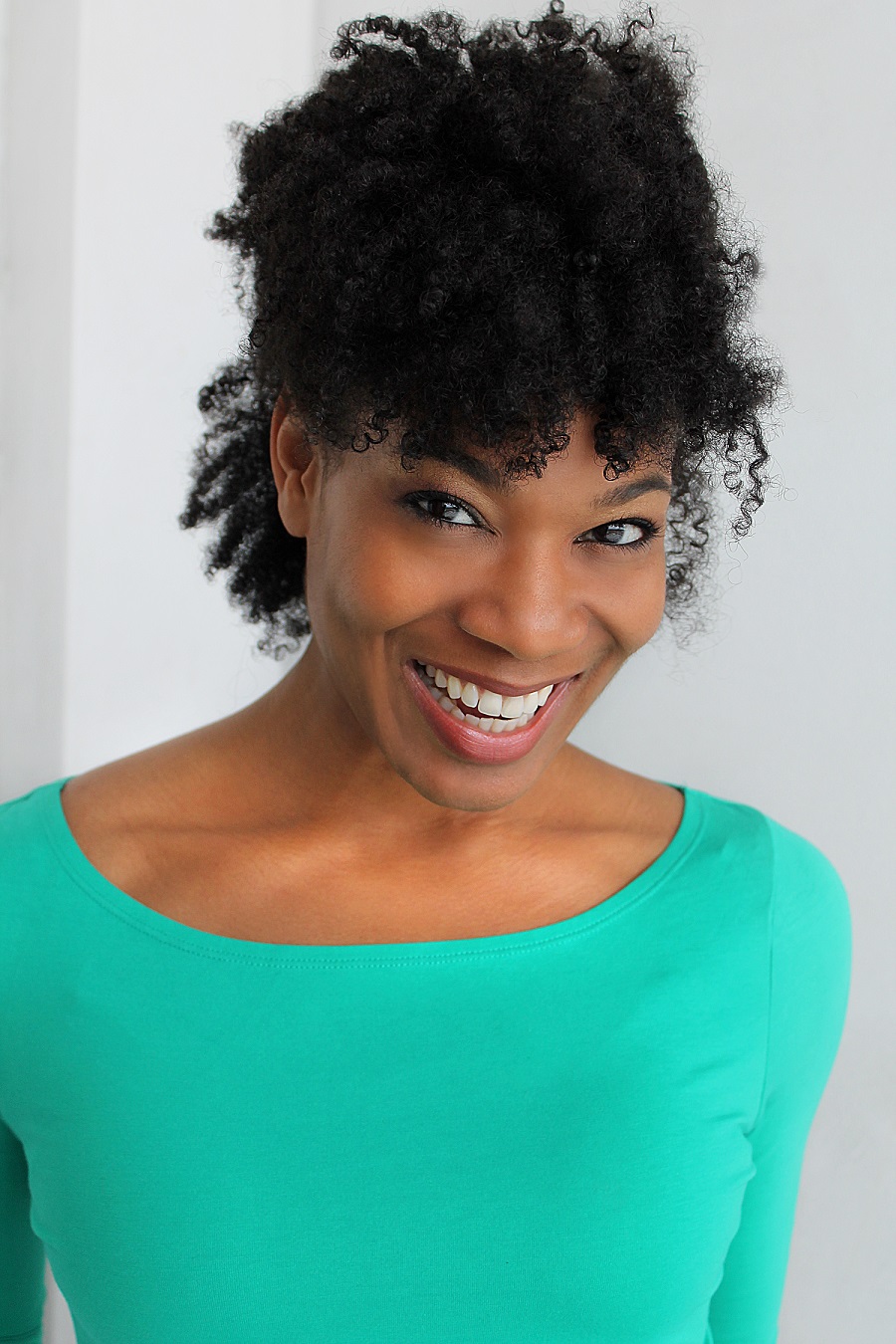
Chloe O. Davis is a proud Black bisexual woman and debut author who works in the entertainment industry in New York. A graduate of Hampton and Temple universities, she has centered her creative platform on amplifying the narratives of Black culture and heightening the awareness of the LGBTQIA+ community. Davis’s work as a dancer, and actor has allowed her to travel to all fifty states and internationally. In addition to performing at premier theaters across the country, such as New York City Center, the Apollo, the Kennedy Center, the Muny, and the Berkeley Repertory Theatre – she has appeared on PBS Great Performances and with Porgy and Bess at the Metropolitan Opera, and Jesus Christ Superstar Live in Concert on NBC. Chloe is also the author of The Queens’ English, The LGBTQIA+ Dictionary of Lingo and Colloquial Phrases.


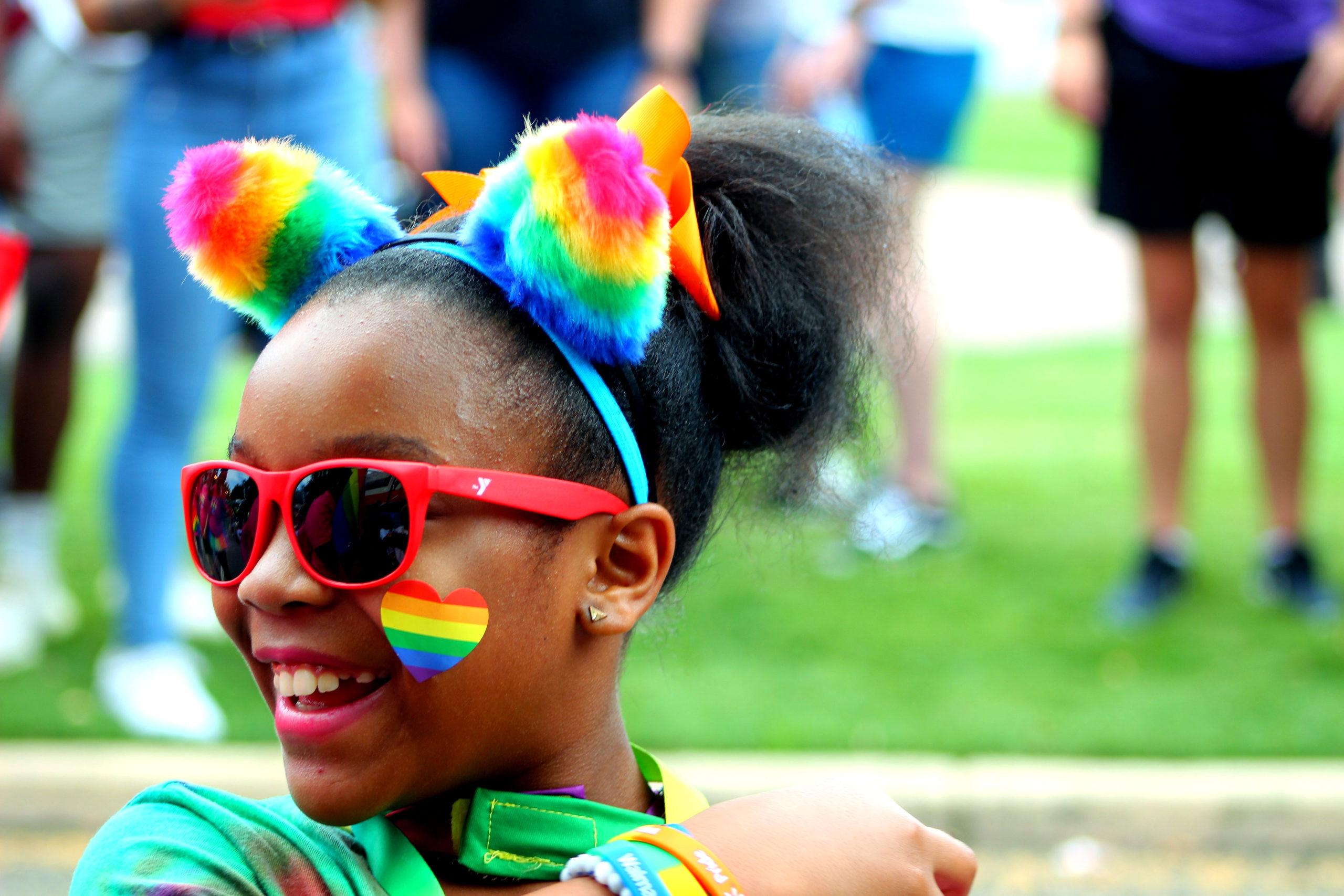

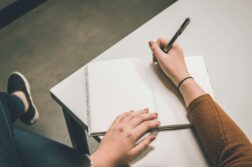
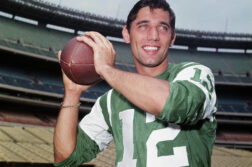
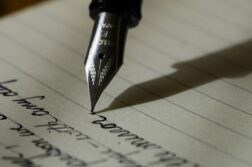
Discussion1 Comment
Miss Davis I admire your story .being black bisexual and finally accepting who you are is amazing. I am sure it was not easy for you but you beat the odds ,from reading you are very proud of your race and your sexuality .you are an amazing human being a beautiful person and an inspiration to not only lgbt people ,people of color but to all races thank you for sharing this story.you are a champ